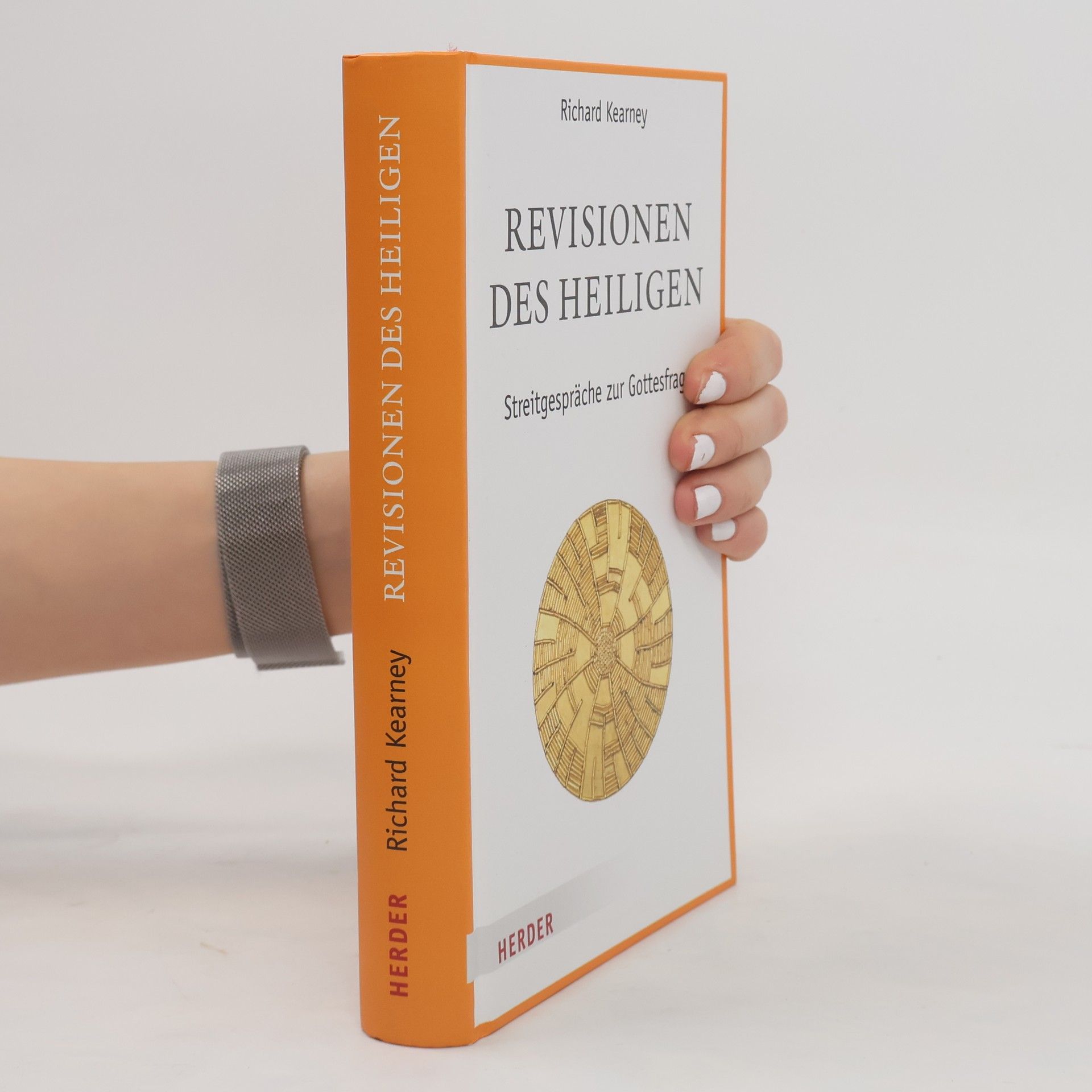Die Torheit Gottes
Eine radikale Theologie des Unbedingten
John Caputo entdeckt Gott nicht als »höchstes Wesen«, sondern als ein schwaches Vielleicht, als das Unbedingte kommender Gerechtigkeit, als ein Ereignis, das uns bedrängt, für andere öffnet und verändert. In diesem Buch erschließt er eine theologische Denkweise, die im deutschsprachigen Raum noch wenig bekannt ist: die radikale Theologie, die Gott nicht »in der Höhe«, sondern in den Tiefen, an den Wurzeln der menschlichen Existenz sucht und dabei in einen fruchtbaren Dialog mit der postmodernen Gegenwartskultur sowie mit atheistischen und agnostischen Denkansätzen tritt. Ein kompaktes, gut lesbares Buch mit teils humorvoller Schärfe, philosophischer Klarheit und intellektueller Leidenschaft!



